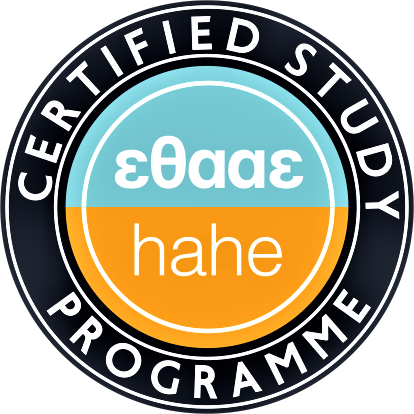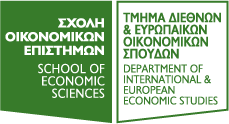European Law
NUMBER OF CREDITS ALLOCATED: 6 ECTS
COURSE CONTENT: The goal of the course is to teach the student the contribution of the European Union Law to the regulation of the economy. Through the course, the student will understand the characteristics of the European Union Law, its legal system, its Institutions and its policies. The topics of the course cover the most important aspects of the law of the European Union, classified in two major categories. The first category analyses the Institutional Law of the Union, while the second relates to its economic law. Finally, the course focuses on the history, aim and values of the European Union, its competences, its sources of rules, its Institutions, the internal market, the economic freedoms and the regime of free competition of the EU.
LEARNING OUTCOMES: After successfully completing the course, students will be able to:
- Understand the historical reasons of the creation of the European Union Law, its fundamental aspects, its policies and activities.
- Understand the multifaceted relations between EU Member States, EU and International Organizations, enterprises and the EU.
- Understand the institutional evolutions and their impact on the Member States and the enterprises.
RECOMMENDED READING MATERIAL:
- Pliakos A., The Law of the European Union, 2nd Edition 2018, Legal Library Publications.
- Maravegias N, The European Union (2016), Critiki Publications.
- Schütze R., European Union Law (2015), Cambridge University Press.
TEACHING METHODS: Sessions combine lecture style delivery with analysis of case studies, reference to practical examples, and extensive discussions of the application of theories in a variety of different sectors and situations, resulting in an interactive format.
ASSESSMENT METHODS
Final exam: 70%:
The exam questions will require students to produce answers demonstrating a strong critical and analytical ability; combining understanding of theory and frameworks with practical examples; giving solutions to presented business problems.
Progress Tests: 30%:
Two Progress Tests expect the students to answer questions with a theoretical and practical character, while they have to assess under a critical point of view legal concepts and theories relating to economic matters.
LANGUAGE OF INSTRUCTION: Greek





